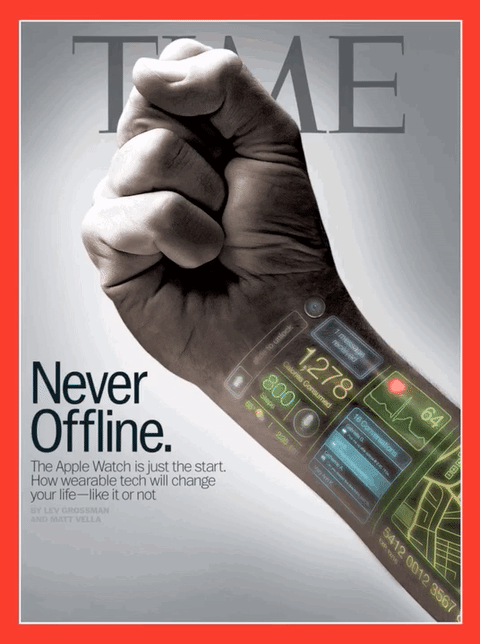 We have too much information. It’s coming at us from all corners, as Adam Hodgkin writing in FIPP explains. He quotes the father of artificial intelligence and Nobel prizing-winning economist Herbert Simon as saying that this “creates a poverty of attention and a need to allocate that attention efficiently among the overabundance of information sources that might consume it.”
We have too much information. It’s coming at us from all corners, as Adam Hodgkin writing in FIPP explains. He quotes the father of artificial intelligence and Nobel prizing-winning economist Herbert Simon as saying that this “creates a poverty of attention and a need to allocate that attention efficiently among the overabundance of information sources that might consume it.”
In plain English, there’s too much information to make sense of it all. And what we need, clearly, are trusted and vetted sources of information to which we can turn our attention, and tune out the rest.
This, Hodgkin believes, is what’s behind tech billionaires like Salesforce’s Marc Benioff (his family bought Time magazine) and Amazon’s Jeff Bezos (owner of the Washington Post) buying up legacy magazine brands.
Why? While magazine publishing can certainly be profitable, the days of Bezos-style fortunes being made with print magazines is probably over. What makes these investments in legacy media so attractive?
“One deep reason is that magazines of exceptional quality have a powerful and unique focus on specific forms of content and they have a trusted editorial record that frames and curates their offering, and Time has this focus in relation to politics, liberal and free market ideas, and contemporary culture with an American flavour,” Hodgkin writes. “This is fundamentally what attracts the magazine’s audience and if the content focus and reputation can be increased there is every chance that the audience too will be increased.”
Ah, there it is again – the trust factor of legacy magazine media. So that answer why magazines … but why tech entrepreneurs? Hodgkin believes it’s because people like Bezos and Benioff – who made fortunes off their digital innovations – see that legacy media has a unique attraction in the current consumer climate, which can be leveraged with cutting-edge technology.
“Artificial intelligence, blockchains, the internet of things, virtual and augmented reality: these looming technological shifts may appear to be quite unrelated to the magazine industry, but equally sure they will have a profound bearing on the way we use information sources in the next decade,” Hodgkin explains.
“We should expect the magazine subscriber in 2030 to have much more on offer,” he continues. “By then we may expect our devices to use blockchain technologies to verify the trustworthiness of information sources and AI motors to find our most relevantly new news. These improvements and new affordances will not be the unique property of the magazine or periodical industry; but magazines, with their database functionality, will be working with us more intimately because all our digital experience will be more connected, tuned to us in surprising ways, validated largely by algorithm, and rich with the new media opportunities that are continually being thrust at us.”
It’s a fascinating idea and one that makes sense from a consumer point of view. Although there’s a risk of increasing our own personal echo chambers if we rely too heavily on algorithmically-chosen content, leaning on magazine brands as our primary source of content bodes well for all of us. More trusted content, from verifiable sources, and less reliance on the noise. I like where this could be heading.
